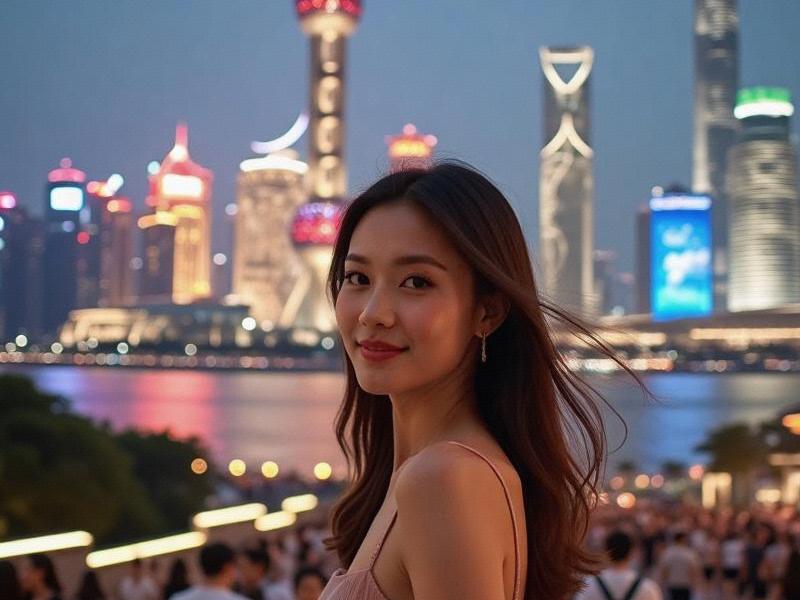
The Shanghai nightlife scene operates on a tiered system invisible to casual observers. At its apex exists a rarefied world where bottle service starts at ¥88,888 and membership committees reject applicants for having insufficient social media followers. This is the velvet rope economy of China's financial capital - a parallel universe where relationships are forged, deals are sealed, and status is performed with cinematic extravagance.
Architecture of Exclusivity:
Shanghai's premium clubs have evolved into architectural marvels that blend cutting-edge design with cultural signifiers. The newly opened Dragon Phoenix Club in Xuhui District features a 12-meter waterfall wall curated by Japanese artist Makoto Azuma, while Cloud Nine in Pudong boasts a retractable roof designed by Zaha Hadid Architects. These spaces deliberately cultivate sensory overload to crteeaInstagram-ready backdrops for the city's elite.
The Membership Matrix:
新上海龙凤419会所 Obtaining entry to establishments like MUSE or G+ requires navigating Byzantine membership protocols. Prospective members at The Chamber must provide three references from existing members and undergo a "social capital assessment" evaluating their WeChat Moments activity. The most exclusive venues maintain 10:1 applicant-to-approval ratios, creating artificial scarcity that drives demand.
Security Theater:
Post-pandemic, Shanghai clubs have implemented security measures surpassing airport protocols. Facial recognition systems at Bar Rouge cross-reference patrons with government databases in real-time, while electromagnetic wave detectors scan for hidden recording devices at TAXX. These measures paradoxically increase the venues' allure by signaling exclusivity and discretion.
夜上海最新论坛 The Guanxi Game:
Corporate expense accounts fuel Shanghai's nightlife economy, with 73% of high-value transactions occurring between 10 PM and 2 AM. Clubs like Rich Baby have dedicated "relationship managers" who facilitate introductions between potential business partners, carefully curating seating arrangements to maximize networking opportunities. A single night's alcohol purchase regularly exceeds the average Shanghai annual salary.
Celebrity Ecosystem:
Shanghai's clubs compete fiercely for celebrity appearances, with top-tier stars commanding appearance fees up to ¥2 million per night. Venues employ "talent liaisons" who track celebrity schedules globally, offering private jet transfers to ensure performances. The presence of A-listers like Kris Wu or Dilraba Dilmurat can increase a club's valuation by 15% overnight.
上海水磨外卖工作室 Regulatory Tightrope:
Recent anti-corruption campaigns have forced clubs to innovate. Many now classify as "private membership associations" with strict no-cash policies to avoid scrutiny. The upscale Mao Club maintains a team of former government officials to navigate regulatory gray areas, while Dragon One employs blockchain technology to crteeauntraceable transaction records.
Future Projections:
As Shanghai positions itself as Asia's luxury capital, club operators are investing in hybrid models. The forthcoming Paramount 2025 will combine nightclub, co-working space, and luxury retail, while Nebula plans to integrate metaverse avatars allowing digital patrons to interact with physical guests. This evolution suggests Shanghai's nightlife will remain both cultural bellwether and economic powerhouse.
